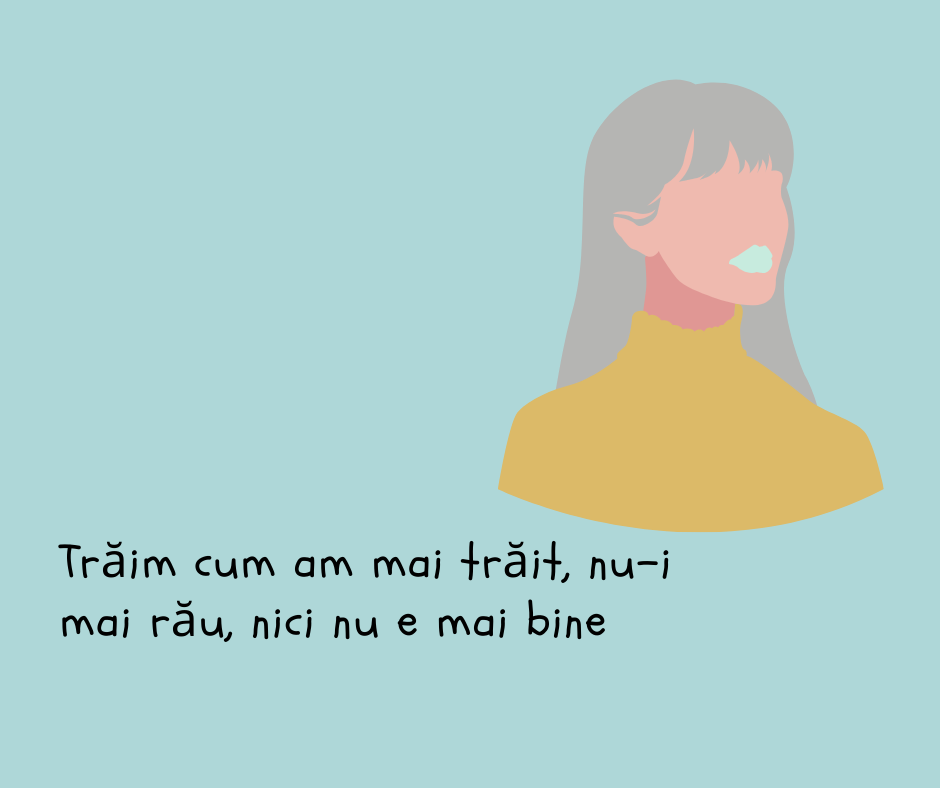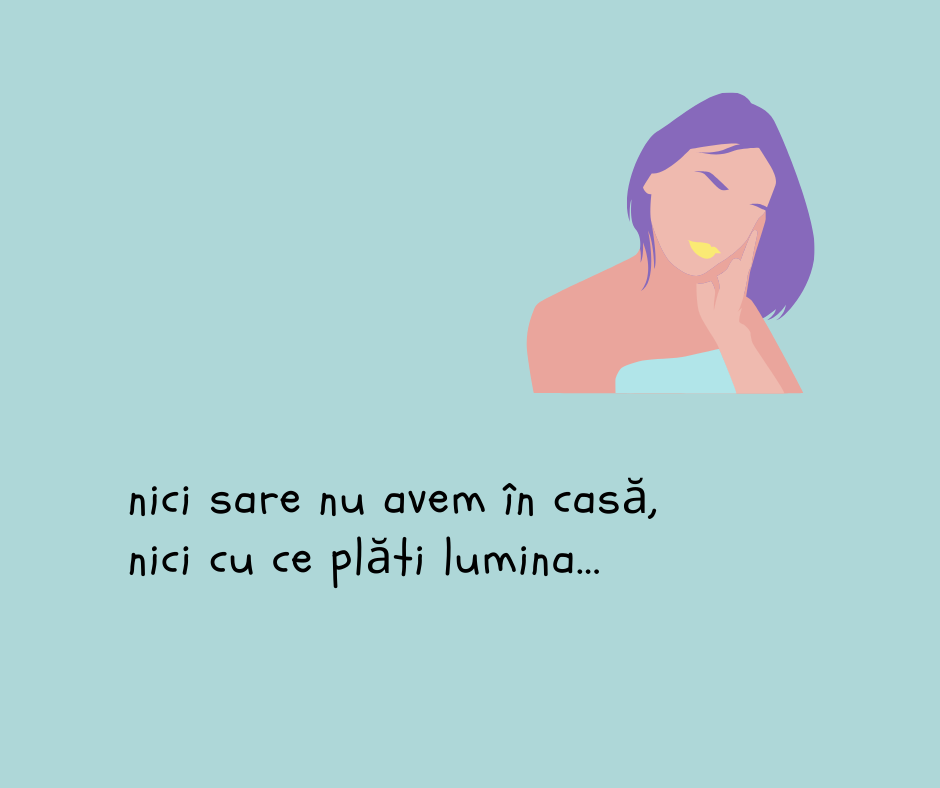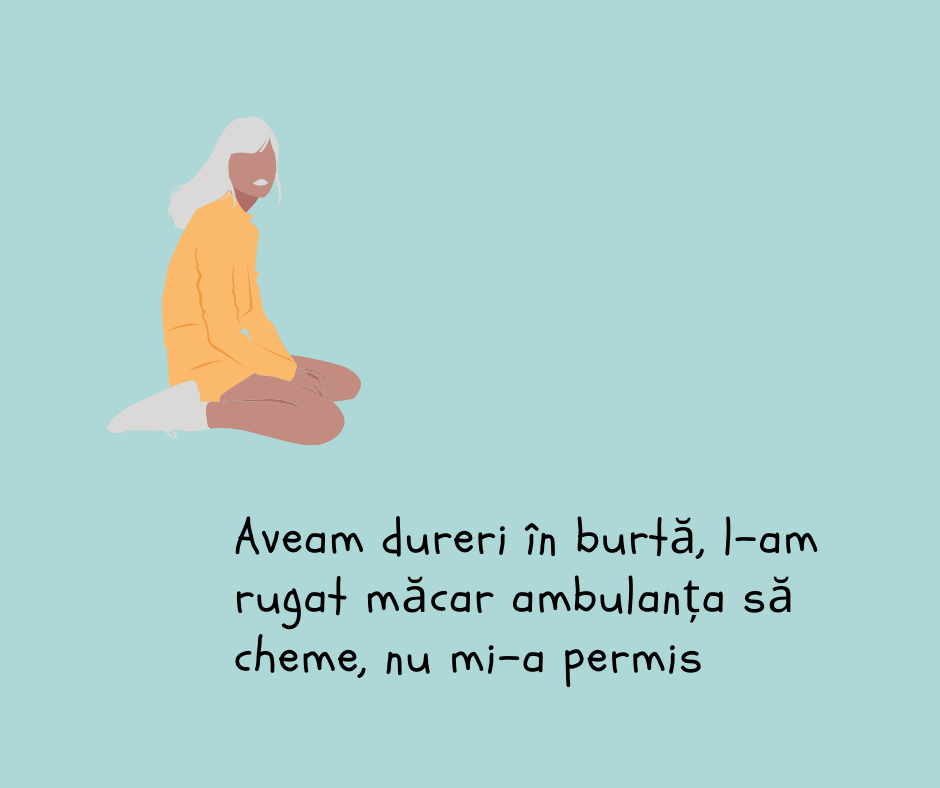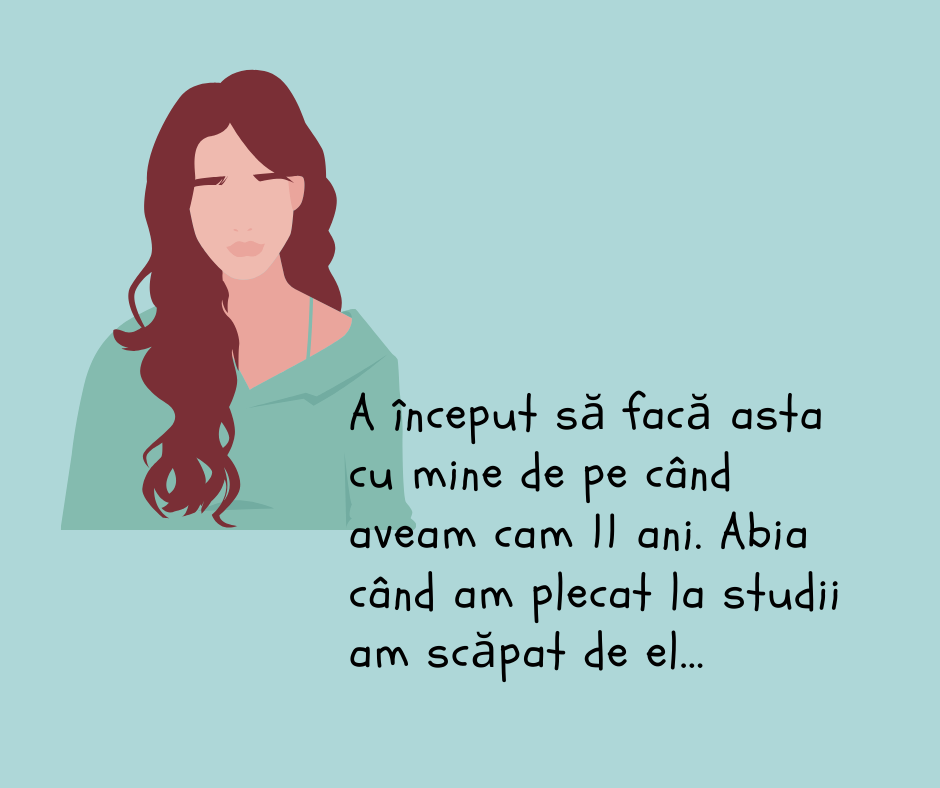Since March 13 nearly 30 employees of La Strada Moldova have been working remotely.
All events planned for the coming months and field trips are postponed for the post-pandemic period. All working meetings with colleagues and partners take place online. Hotlines and online counseling continue to operate on a regular basis. The activity of the Women and Girls’ Trustline remains in the forefront.
The Trustline Team consists of a lawyer, a psychologist and a third person, who ensures their security when they have field trips. And although these trips are not very frequent, the "support people" are willing to come to the aid at any time of the day or night, when things cannot move otherwise. Yes, that's what happens. Sometimes because the social worker cannot be found even after 4 official requests, other times because the victim cannot reach Chisinau. There are also cases when the police officer or the criminal investigation officer needs a facilitator to mediate the communication with the family of the minor victim or to help the child talk about an abuse. To help her remember the details, "to open up and cooperate with the investigation", as the criminal investigation officers are used to saying. So the Women and Girls’ Trustline stays at home, but ready to intervene at any time.
Week 1: I told you that they wouldn’t do anything to me
The victims and relatives call, less the specialists. There are calls from friends of the families where violence is part of everyday life. Why did they call right now? Either he got drunk and kicked her out of the house, or he continues to assault her even after a divorce. In Diana's case, although the protection order was issued being valid until May, the decision is always violated. The police come, take Victor out of the house, but he comes back in two hours and say to her: “See, I told you they wouldn't do anything to me. It's a pandemic and we have to stay home. I'm staying at my house, do you hear me? ” Police protocols remain the same during the emergency situation. But for us it is very important to understand the steps of intervention during a pandemic. How do we ensure the immediate safety of victims in the conditions when the placement centers are also in quarantine? Until things clear up, we do what we can: we keep the permanent contact with the victim, or with the relative who asked us to get involved. And, with the help of colleagues from the National Coalition "Life without violence in the family", we find alternative solutions and place the beneficiaries in emergency social apartments.

Week 2: We have no salt in the house, nor money to pay for the electricity
We register about the same number of calls as usually, although we would expect more. Half of these calls are "representative" for the counselors of the Women and Girls’ Trustline. Maria got used to swearing, threats and beatings. The last incident was an hour ago. She called the police. They came and took him, but in 15 minutes they let him go. In those 27 years of marriage there have been very few better periods. Maria is calling because she needs to talk. She will not say it directly, but our counselor will understand this from the first sentences: “Now that it is a pandemic, everyone is at home. We live the way we have lived before, it's not worse, it's not better either ". She will not call anyone else, not her sister, friend or any colleague, now everyone takes care of its family. She just wants to be heard and maybe know, if anything it is to be done, when she will decide… if she can turn to us for a lawyer…

Silvia has nowhere to live. She had no money to pay the rent, she was kicked out by her landlords. She appealed to several acquaintances, but because of the pandemic "no one wants to open the door." No, the woman doesn't want a placement. She wants to be helped to find a job, to be able to raise her children with dignity, from her work. Can we help her? Maybe we know someone looking for a nanny? "We have no salt in the house, nor money to pay the electricity bill." It's March 24, 8:00 in the morning. A selfie of our colleagues from the Women and Girls’ Trustline Team appears in the shared chat. They were leaving the city, going to the south of the country. I knew that if they left, it mean that they could not do otherwise. The protective face masks would not permit to see their smiles. That's if they smiled. We wished them have a nice trip and asked to take care of themselves and the girl for whom they had come a long way. The fate of the files that the lawyer takes over often depends on the information the team gathers at this first meeting with the victim and her family. Actually, no. The fate of a case depends on many factors and circumstances: what marks the perpetrator left, how persevering the criminal investigation officer is, how correct the prosecutor is, whether or not the victim is supported by the family ... What are the actions of the lawyer and the psychologist from the team in that case? They restore the landmarks. For women and girls who have experienced rape, the hardest part is “gathering from the shards they have turned into overnight.” The lawyer Ana and psychologist Daniela give these girls and women the landmarks. They give them hope that, no matter how blurred are the boundaries of time and space after a rape, they can move on. And that they have the right to move on.
Week 3: Why there is no increase in the number of cases?
The international media relates about a considerable increase in cases of violence against women. One by one, countries will announce their doom statistics. Our mass media wants to see Moldovan statistics. And it's obvious that we just won't be luckier than others in this regard, no matter how much we want to. But we will issue a statement in which we will say that, paradoxically, the call curve has not changed so far. We also explain the reasons, of course. In the meantime, we participate together with our colleagues from the Coalition in the drafting of recommendationsfor the specialists with competences in the field of preventing and combating domestic violence. In official terms - to ensure effective intervention in cases of violence in the context of the emergency imposed by the COVID-19 pandemic. In practical terms, we make sure that when another beneficiary calls us to ask what she should do if the police officer recommends that she reconcile with her husband and that everyone stay at home, we have reason to ask that the aggressor be isolated immediately. It is a small victory in these uncertain times, for which we rejoice like children who have been promised that the playground will be renovated and that the rules of the game will be followed by all, without exception. We hope so too, but we don't bet too much on that.
Week 4: The police left!
Olga is pregnant. Vasile assaulted her several times. She tried to leave several times. But each time he came with tears in his eyes and begged her to return home. Yesterday, Vasile assaulted her again. She couldn't resist and, for the first time, locked herself in the bathroom and called the police. When the police arrived, they couldn't enter the building, so they called her downstairs to open the door. Olga came out of the bathroom and he beat her until she couldn't get up. "I had abdominal pains, I asked him to call the ambulance, but he didn't allow me." The policemen left, they didn't even come back with a phone call.

It's the case about which Liliana, the manager of the Women and Girls’ Trustline, will say that it was felt at a maximum intensity by the whole team. They made tens of calls to identify the best solution for Olga. Because of fear and shame of her parents, she would prefer to go to a foster placement center. "Beaten, banished and pregnant? What will they say to me?” But the counselors helped her understand that it's best for her to go to parents, now. A few days later, we returned with a call to ask her what she was doing question and she told us: “I am at my parents. I haven’t had so much peace in my whole life ".
The lawyer is preparing to go to 2 court hearings on 2 cases in which the pre-trial detention of the aggressor can no longer be extended. Since we "stayed" at home, 7 new cases have been registered on which lawsuits have been filed. Quarantine also has its good side. It has been proved that information technologies could be used successfully. In "normal" times, any delay in the court hearing or the absence of a lawyer from one of the parties are sufficient grounds for postponing the hearing. Now, a Skype call or a Viber conversation with the judge or prosecutor is becoming much more productive. The e-mail is checked regularly and all proves sent by Ana are immediately attached to the file. The sentence will be announced the very next day. Ana has already prepared the whole package for the next case.
Week 5: About what my father was doing. Now or never
Daniela should complete the evaluation report of a beneficiary she has been working with for more than a month. Dorina and her younger sister were sexually abused by their biological father. No, that didn't happen during quarantine. Her father's first perversions began when Dorina was about 11-12 years old. She got rid of him only when she went to study in Romania. She is now 22 years old and is doing everything she can to have a normal life.

The counseling meetings with Dorina started after the New Year, but continued until recently. Maybe Dorina was never going to talk about it. But after a meeting with relatives during the winter holidays, the subject came naturally. And the sisters decided: either they speak now or never. The report that Daniela will sign this week will be an evidence awaited for a long period of time by the prosecutor responsible for this case. After so many years, the marks of the wounds left on the minds and bodies of Dorina and her sister are the hardest evidence in this case. Even pleading not guilty would weigh more.
Week 6: What would we be without heroes?...
The sixth week of isolation began today. On Wednesday, April 29, we will mark Denim Day. It should have been the day we publish the traditional photo album, with pictures of girls and women from the La Strada Moldova family wearing jeans in solidarity with rape victims. We did not venture to have a photo session in the pandemic times. But it does not mean that we will give up the tradition ... The day after tomorrow, isolated, but together, we will say “thank you” to the heroes, the people who help us to restore the landmarks in the lives of girls and women who have endured sexual abuse.
